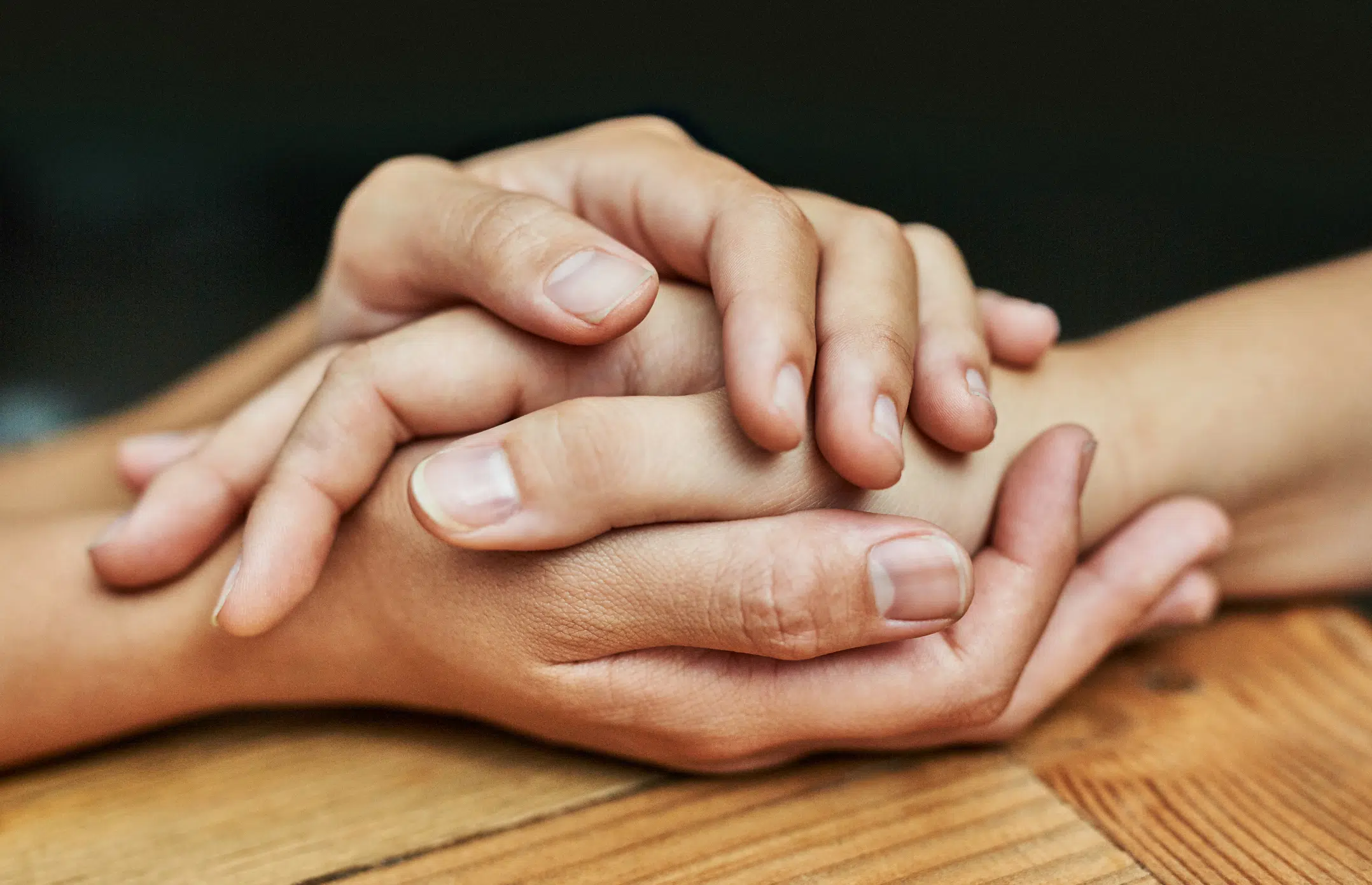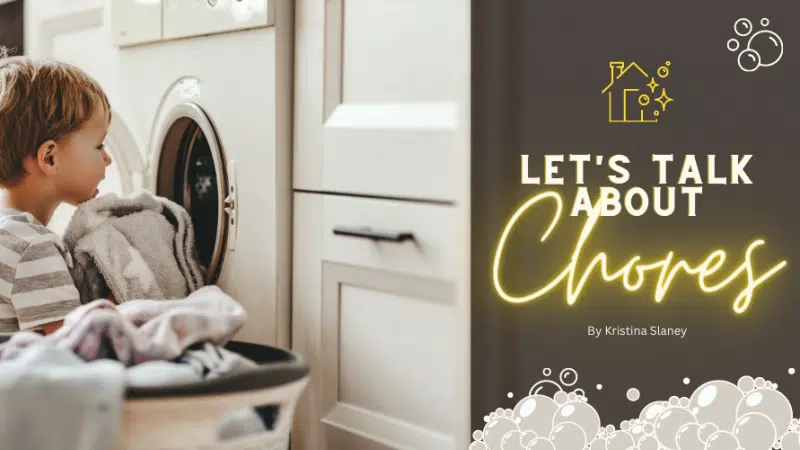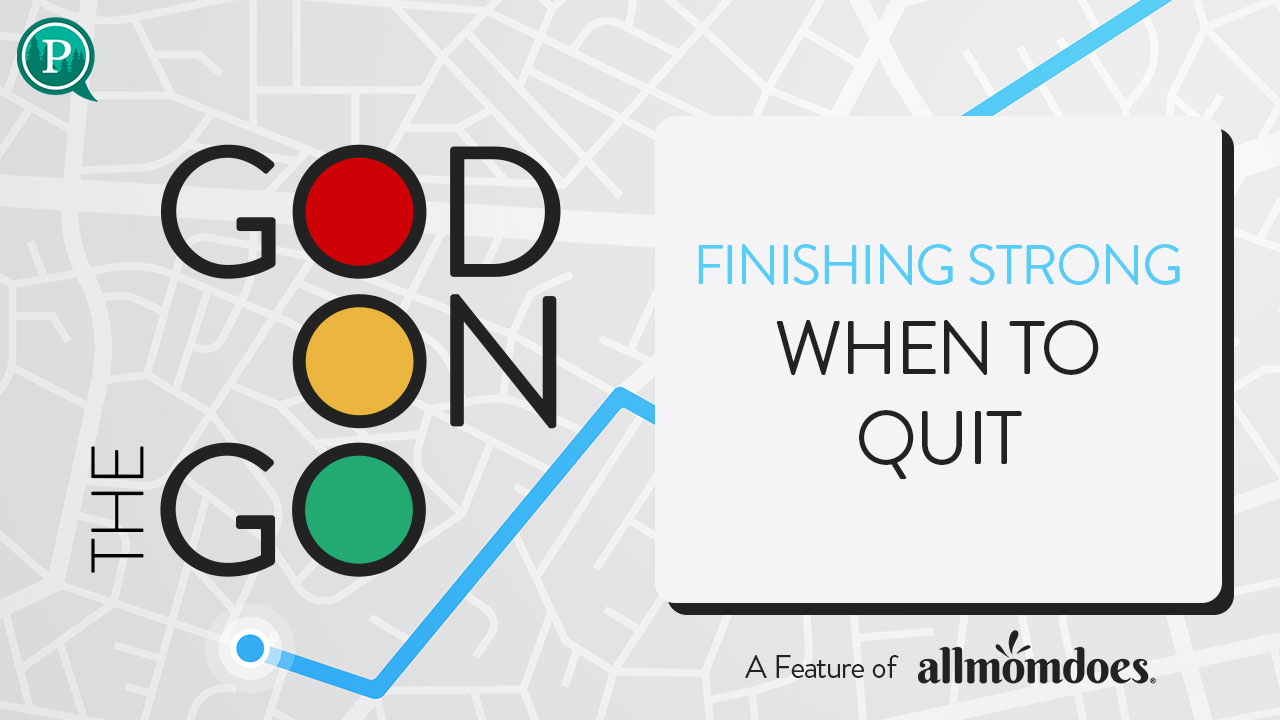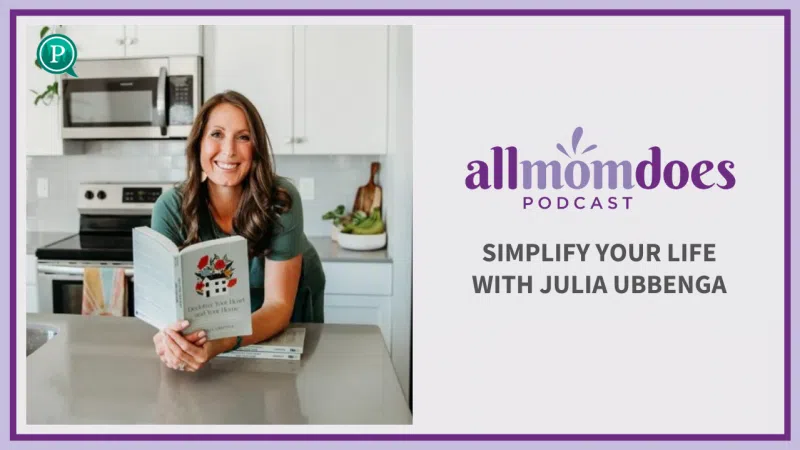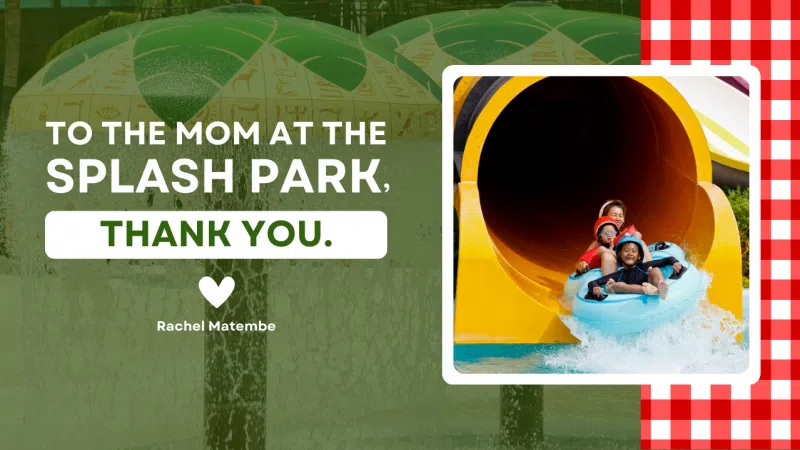It wasn’t the way we had thought we would be spending our spring break last year as a family.
And yet there we were.
Soaking up time with my husband Michael’s father, my kids’ beloved Papa, as he spent his last few days on earth, following a shocking and fast-paced pancreatic cancer diagnosis just a couple of weeks before.
Jaundiced and gentle, Papa spent our days with him talking about memories from his childhood, his stint in the Navy, meeting my mother-in-law in college, funny moments from raising Michael. We laughed, chatted, celebrated my mother-in-law’s birthday, ate casserole after casserole delivered by their generous church family.
And it was exquisitely painful to be there.
I thought my heart would splinter into cruel shards, watching my children hug their grandfather, clasp his hands, listen to his stories, their eyes locked on his face, memorizing him anew. Some of them wouldn’t leave his side. Some would quietly exit from time to time and walk the block, the immediacy and protractedness of this grief stealing the air from the soul. One of the kids would often retreat to the couch and fall into a deep nap.
We were all very present for my father-in-law. It was a powerful, beautiful, agonizing time. And in some ways we were all hidden for my father-in-law. Because we wanted the days to be sweet. The conversations to be light. We didn’t want to burden him with our mourning. There would be time for that.
But for now, we danced a strange dance.
Saying goodbye in stages. Watching him whisper away before our eyes.
I wondered if I was exposing my kids too much to the beauty and the beast that is mortality. Their grandfather had been vibrant and the picture of health just a few short weeks before during the Thanksgiving and Christmas holidays. And in just a blip of time, he was now fading right before us. My dad had passed away two years before, in a flurry of medical error and crisis. Only one of my kids had been with me when I made the panicked trip north to see him, hope giving way to the realities of the ICU. So this sitting with death, staring it down, this strange terrain I was now trying to guide my children through with my father-in-law was a land I hadn’t experienced before, not like this. Now I was trying to navigate it real time, and it made me frantic to know if I was doing the right thing.
It was.
It was the hardest thing.
And it was the right thing.
Here are some things we learned:
1. Don’t avoid it.
I know. It seems to go against all we seek to do as parents, to buffer the cold realities of the world against the soft hearts of our kids.
But this is life.
And death.
In the age range of our kids, from young adults down to early elementary school age, we didn’t pull any punches. I know some might question that decision and I can understand why. But kids can handle it. And they need to see how to handle it being modeled. And by handling it, I mean the whole experience. The sadness. The memories. The laughter at funny memories and the tears at poignant ones. It’s a gift to your kids, to see how to grieve well.
2. Don’t avoid the sad.
For some reason, when I see people getting sad, I want to try to divert them from that. I try to distract. Make some laughs. Soothe, comfort, and change the conversation.
But don’t.
Just let your kids cry.
Cry with them.
Let it be sad.
3. Don’t pretend like it’s not scary.
It’s scary.
When that which has been familiar caves to a new season.
A season without a person who has been so central in your life, in your children’s lives.
And in those conversations about the scary, you’ll also find some powerful times to talk about faith. To talk about eternal hope. To talk about what really matters in life.
So don’t squelch the scary. Let it in. And then explore how faith in God keeps us going.
4. Keep an eye on the quiet ones.
Several of my kids are very emotive. Open. Dramatic.
You know what’s going on with them most of the time. Because they’re always telling you what’s going on.
But.
I have a couple of quiet ones. Ones who don’t lay out their hearts and emotions and questions as readily as their siblings. And when it comes to walking through loss, these are the ones with which I try to be very intentional to keep a dialog going, not to reopen a wound, but to make sure that processing and permission to process is being communicated.
My father-in-law passed away at home just a few days after most of the kids and I headed back to Texas. Michael and my oldest daughter Madison were with him. I repacked luggage and kids, turned the big van around and drove back for his memorial service. Now, almost a year later, we’re still missing him, still somewhat in shock at how quickly it all happened.
And our family bond is stronger than ever.
Our kids are more tender and more tough.
And this.
Papa, we miss you.
We love you.
Always.
